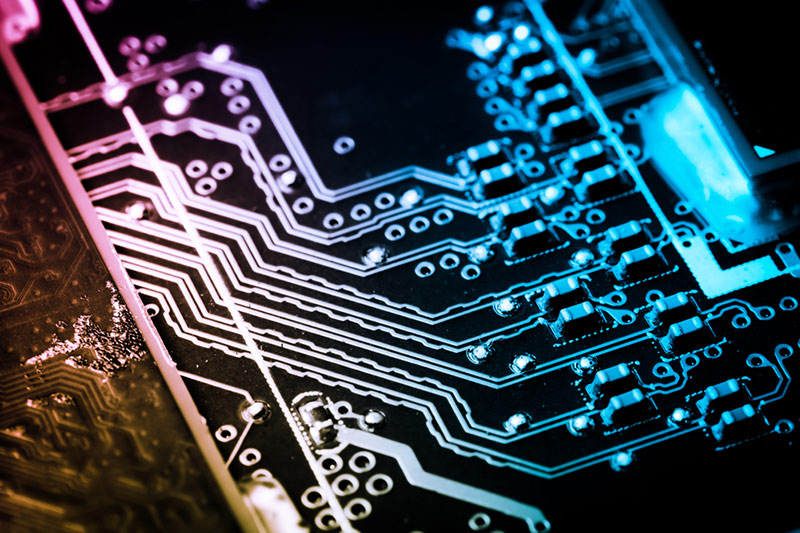
Investing.com-- TSMC, Intel and several other major chipmakers have slowed the pace of their expansions in Japan and Malaysia due to soft demand for older chips and concerns over U.S. tariffs, Nikkei Asia reported on Friday.
TSMC, the world’s biggest contract chipmaker, is slowing its expansion in Japan due to lower demand for its older chips, which it planned to produce at an upcoming facility in the country’s eastern-most prefecture, Kumamoto. The company has now determined it will not need equipment for 16 nanometer and 12-nm chip production in the Kumamoto plant until 2026, the Nikkei report said, citing three people with knowledge of the matter.
Intel Corporation is also facing delays for an advanced chip packaging plant in Malaysia, the Nikkei report said, especially as the once dominant chipmaker grapples with sluggish sales and weak demand.
Siliconware Precision Industries Co - a key NVIDIA Corporation supplier- has also paused an expansion in Malaysia, and will instead focus on building advanced chip packaging plants in Taiwan, Nikkei said.
The Nikkei report comes amid growing speculation over just how much more chip demand artificial intelligence will generate, especially in the data center and computing capacity space. A TD Cowen note showed earlier this week that major AI investor Microsoft had canceled several data center leases in the U.S. and Europe, sparking concerns of oversupply.
AI major Nvidia, and all of its major suppliers would be likely impacted by a slowdown in data center demand.
The Nikkei report also cited increased chip output from China as a reason behind slower capacity expansion by other major chipmakers. China’s Semiconductor Manufacturing International Corp is now the world’s third-largest chipmaker by foundry capacity, although it still produces only larger, older chips at scale.
Beyond AI, global demand for consumer electronics has slowed steadily in recent years, pointing to further pressure on chip demand.
Chipmakers with major U.S. exposure are also facing heightened uncertainty from U.S. President Donald Trump, who recently threatened to slap semiconductors with 25% tariffs. Such a move could also further undermine U.S. chip demand, especially given the high levels of time and investment required to build out more production capacity in the U.S.

